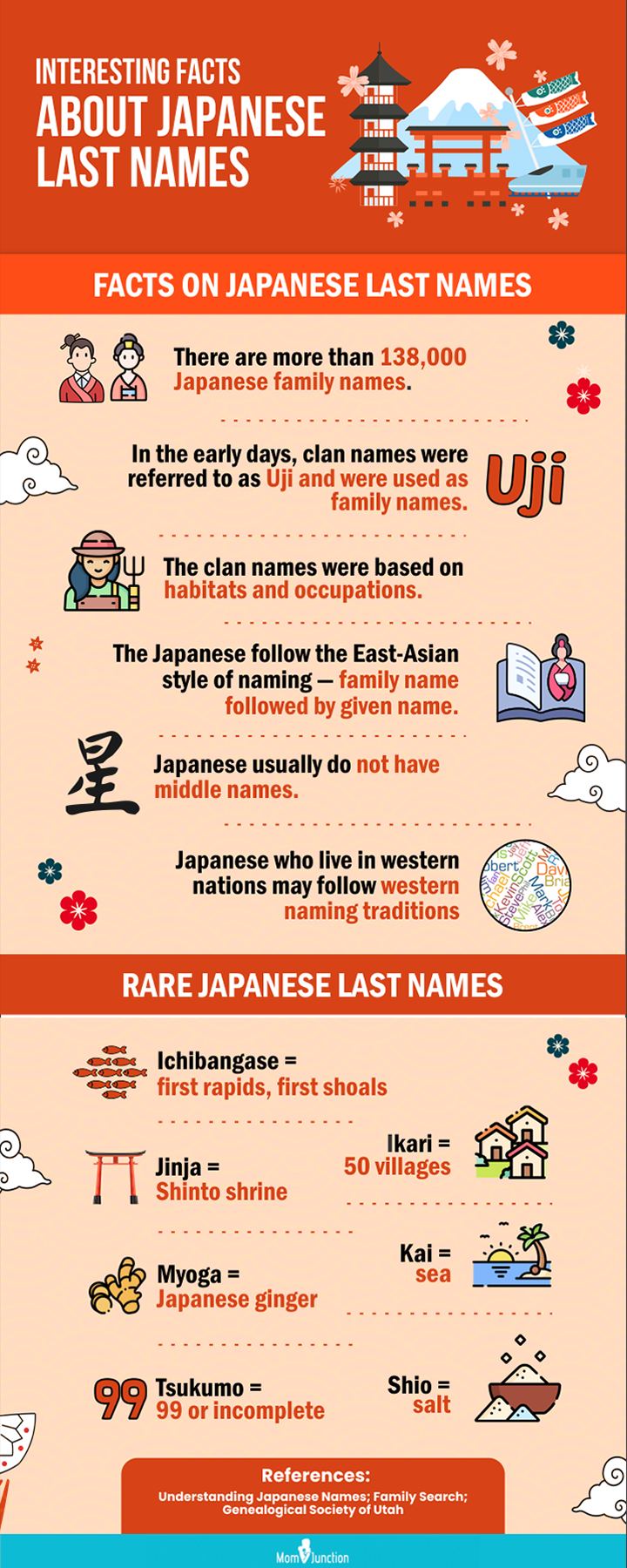Japanese last names hold a rich cultural and historical significance, often carrying meanings deeply rooted in nature, virtues, and occupations. For girls’ last names, this significance adds an extra layer of charm and femininity. Whether you’re looking to delve into your Japanese heritage or simply appreciate the beauty of Japanese language and culture, exploring these last names is a captivating journey.
As you delve into the world of Japanese last names for girls with meaning, you’ll encounter a tapestry of options that reflect the diverse tapestry of the Japanese culture. From names inspired by flowers and nature to those signifying virtues and aspirations, there’s a vast selection to choose from. Embrace the opportunity to discover not just a name but a connection to the rich heritage of Japan.
Floral and Nature-Inspired Last Names
Nature has always been a source of inspiration for Japanese culture, and this is beautifully reflected in many girls’ last names. “Sakura” (桜), meaning “cherry blossom,” evokes images of delicate pink blooms and the arrival of spring. “Matsu” (松), meaning “pine tree,” symbolizes longevity, resilience, and unwavering strength. “Yamamoto” (山本), translating to “base of the mountain,” captures the beauty and grandeur of nature’s vast landscapes.
“Ishikawa” (石川), meaning “stone river,” represents the steadfastness and tranquility of nature’s forces. “Ume” (梅), meaning “plum blossom,” heralds the arrival of spring with its delicate white or pink petals and is a symbol of perseverance and hope.

Virtuous and Aspirational Last Names
Many Japanese last names for girls embody virtues and aspirations, reflecting the cultural values of the society. “Aoki” (青木), meaning “green tree,” represents vitality, growth, and prosperity. “Watanabe” (渡辺), translating to “crossing the river,” symbolizes determination and the ability to overcome obstacles.
“Suzuki” (鈴木), meaning “bell tree,” represents happiness and prosperity. “Tanaka” (田中), translating to “in the middle of the rice field,” signifies abundance, fertility, and a deep connection to the land. “Nakamura” (中村), meaning “inside the village,” conveys a sense of community, belonging, and harmony.
Conclusion
The world of Japanese last names for girls with meaning is a treasure trove of rich cultural heritage and linguistic beauty. Whether you’re searching for a name that reflects your own values or simply wish to appreciate the artistry of Japanese language, these names offer a fascinating glimpse into the heart of Japanese culture. Embrace the opportunity to explore these names, discover their meanings, and perhaps find the perfect one to carry the legacy of your own story.
As you navigate the tapestry of Japanese last names for girls, remember that each name holds a unique significance, a story waiting to be told. By embracing their meanings, you not only choose a name but also weave a thread into the rich fabric of Japanese cultural heritage.



